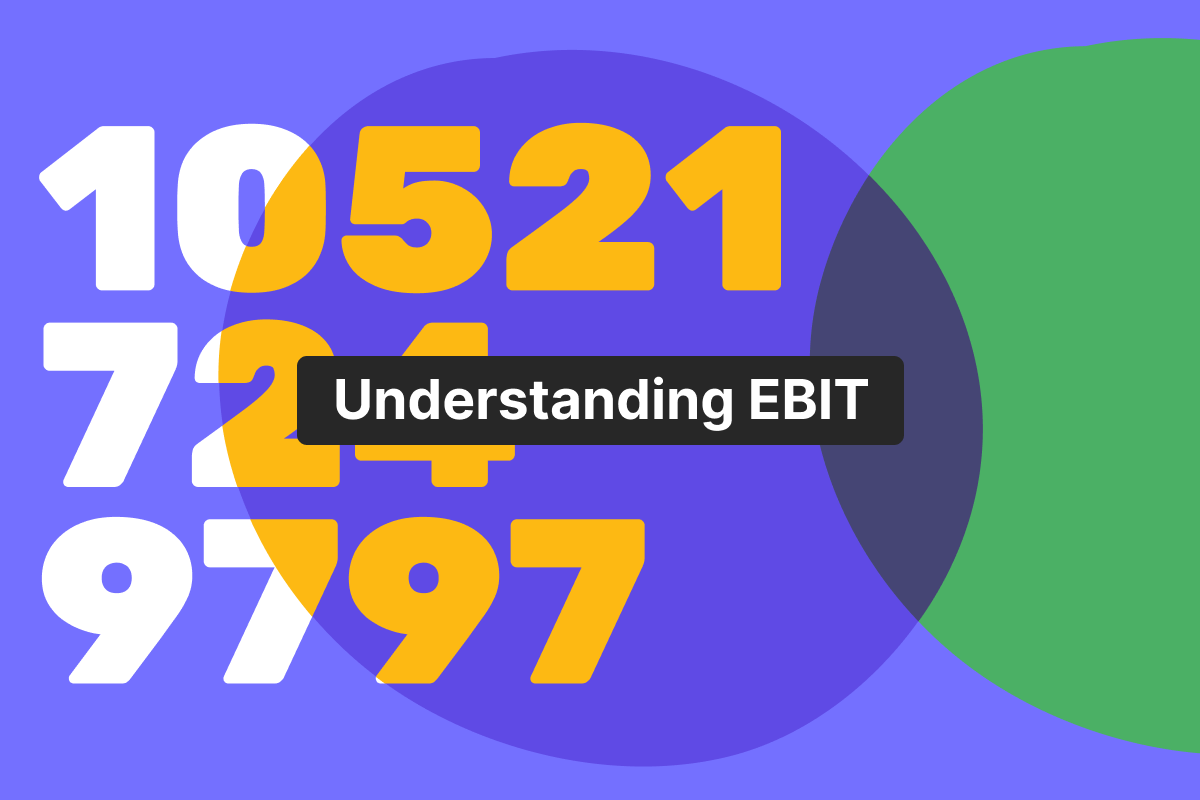Genome Blog / articles / How to transfer money from a credit card to a bank account?
Jul. 13, 2021
Imagine you need some funds urgently. A bank loan can take too long, and borrowing from friends or family members is not an option. What are you gonna do?
There’s a solution: transfer money to your bank account from a credit card. It’s not the most popular decision, but it can save you for some time. Is there anything you need to know before making a credit card payment to your account? Yes, there are a few important things to be aware of, and Genome‘s team is gonna talk about them further.
Credit card vs money transfer credit card
First and foremost, let’s freshen up our memory on types of credit cards. Regular credit cards provide you access to the credit money issued by your financial provider. Debit cards, in their turn, only allow you to use funds that are in your bank account. The fees for issuing a credit card are different for each PSP.
There’s a special type of credit card known as a money transfer credit card. These were designed specifically to move funds to your current account. As a result, charges for using such cards and making transactions are usually lower compared to regular credit cards.
If you want to know more about different types of debit and credit cards in general, check out this article: “Types of bank cards: a complete guide“.
Methods of transferring money from card to bank
A cash advance is a process of borrowing funds from your credit card limit. Let’s discuss all the possible ways to do so below:
This is the easiest way to send a bank transfer from your credit card. Usually, such transactions are made online in mobile or Internet banking and, that’s why it is so simple. Unfortunately, most credit card issuers do not offer such transfers, so you need to send money from your card to the bank account in some other way.
You can also make a cash withdrawal from a credit card in any ATM and then put money in your current account. Remember about fees for withdrawing cash from a credit card, as well as ATM charges that can be quite high.
The same can be done in your bank’s branch. You just go there – receive the cash – and deposit it in your current account.
These cheques work similarly to the regular ones, but you receive them from your credit card issuer. Once you have them, you can use them to pay for something or also make a deposit in your current bank account.
How to transfer funds from a credit card to a bank account with a money transfer card
The difference between a regular credit card and a money transfer card is all about fees. The last ones are cheaper to send money from because of lower charges. Some money transfer cards have an interest rate on the sum that you will use, while others don’t. However, a card issuer may still charge you for each transaction you make from such a card.
How much money can you transfer
The sum you can move from a credit card to your bank account depends on the individual financial situation. When you order a credit card, you receive a credit limit. Furthermore, there is a sum you can transfer to your bank account, which is often some percentage of your credit limit. Plus, a transfer fee will also be in place.
Things to think about before transferring money from a credit card to a bank account
Taking a cash advance looks like an easy way to solve your urgent money problem. But let’s have a look at possible obstacles and pitfalls of sending funds from a credit card to a current account:
High fees
Remember that interest rates on cash advances are pretty high. If you need some time to repay the debt, you might also need a pretty big sum to cover the charges.
Large fees on all possible ways of moving funds from your credit card
No matter if you make a transfer or withdraw cash in the ATM first, the charges are significantly high. For instance, in case of using an ATM, you can pay an extra fee from the ATM providers.
Consider other methods to borrow money
Sometimes, taking a small loan from a bank or even borrowing funds from close people can be a much better option than using your credit card.
Mind your credit score
Cash advances have a huge impact on your credit score. It influences a credit utilization ratio, which makes 30% of your whole credit score. Undoubtedly, it is still no big deal if you repay your debt in time. Nevertheless, if something goes wrong, an unlucky story of not repaying a cash advance may disrupt your credit history.
FAQ
Can you transfer money from a credit card to a bank account?
Yes, it’s possible to take cash advances and, what’s more, there are a few ways to do so. First of all, you can make a transfer via the Internet/mobile banking services of your financial provider. However, quite a few card issuers enable such features. Secondly, you can withdraw cash from the ATM and then put this money in your current account. Thirdly, you can do the same in person by visiting a bank’s branch. Finally, you can make use of convenience cheques that are written out by your credit card issuer. Just like with regular cheques, you can deposit a convenience cheque in your bank account.
The cheapest way to transfer money from a credit card to a bank account
The cheapest way to send funds to a bank account from a credit card is actually using a money transfer credit card. It’s a special type of credit card with lower fees for ordering transfers to your current account. Generally, the interest rates are quite small and for some money transfer cards, they are 0% for a particular period of time.
It’s definitely worth looking around for the best card issuer with low charges so that you can take a cash advance if needed and not pay high fees for this. Remember that the sum you can transfer from a credit card to your bank account is some percentage of your whole credit limit. That is why the amount available for such a transfer can also be limited.
How can I transfer money from my credit card to my bank account for free?
Unfortunately, as of now, there are no ways to take cash advances for free. If any financial institution borrows your money (the funds available with your credit card), they will charge you to make a profit from it.
If you want to use your credit card funds and move them to your bank account, compare the offers on the market. It’s much more beneficial to use a money transfer card instead of a regular credit card because of lower fees. Additionally, some card issuers provide a 0% interest rate with money transfer cards for a few months, during which you can return the debt and pay no interest on it.
Can you transfer money from a credit card to a debit card?
Yes, it’s possible in theory, but in practice, there are lots of things to consider before making such a move. The effectiveness of such a transaction will depend on your credit card provider. Some of them do allow transfers from a credit card to a debit card and treat them as cash advances.
On the contrary, some financial institutions allow sending money from a credit card only to a current account. Moreover, this account should be linked to your credit card. Otherwise, the transaction won’t go through.
If you make a transfer from a credit card to a bank account, you should be able to use this money with your debit card (if you have one for this current account).
Genome’s virtual and physical debit Visa cards are available for pre-order. With our cards, you can make payments in different currencies in no time. Our cards are available both for personal and business users for all currency accounts. In addition, we support SWIFT, SEPA, and instant free transfers between Genome clients for these accounts. Click the link for card pre-order and check our website to find out more about the range of our financial services.





